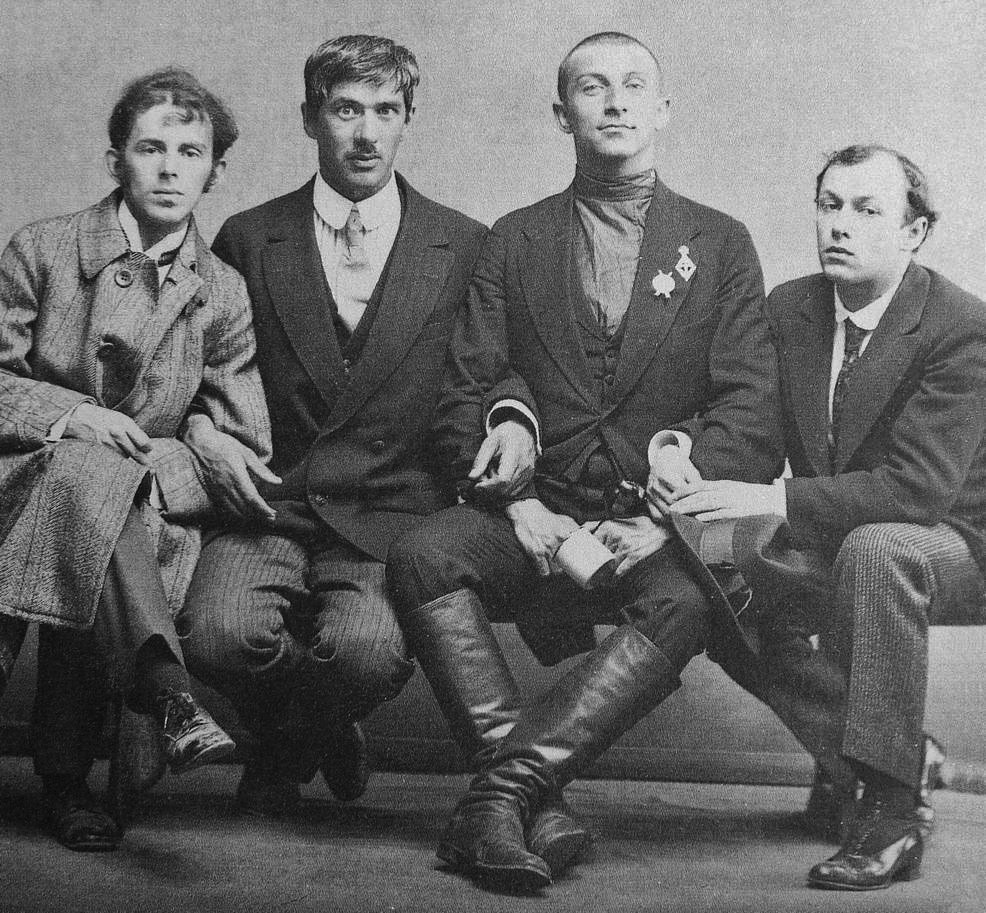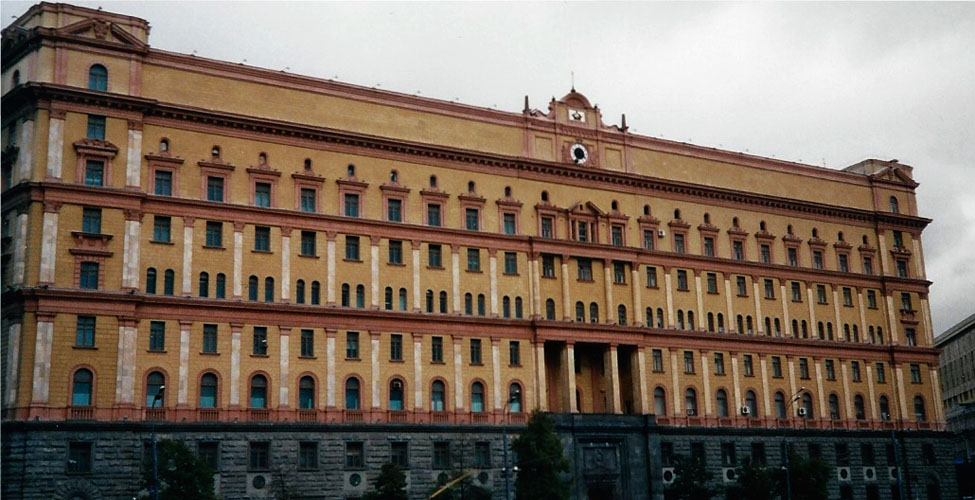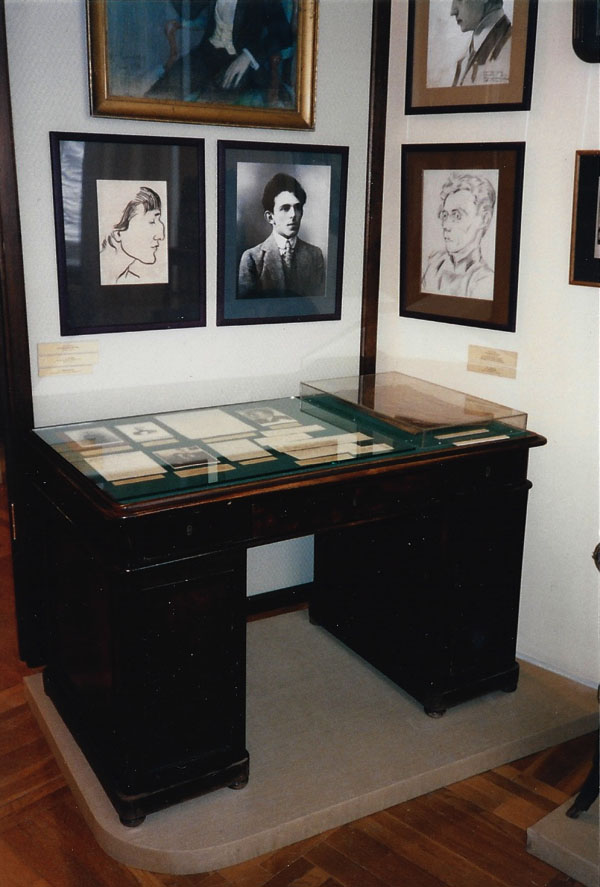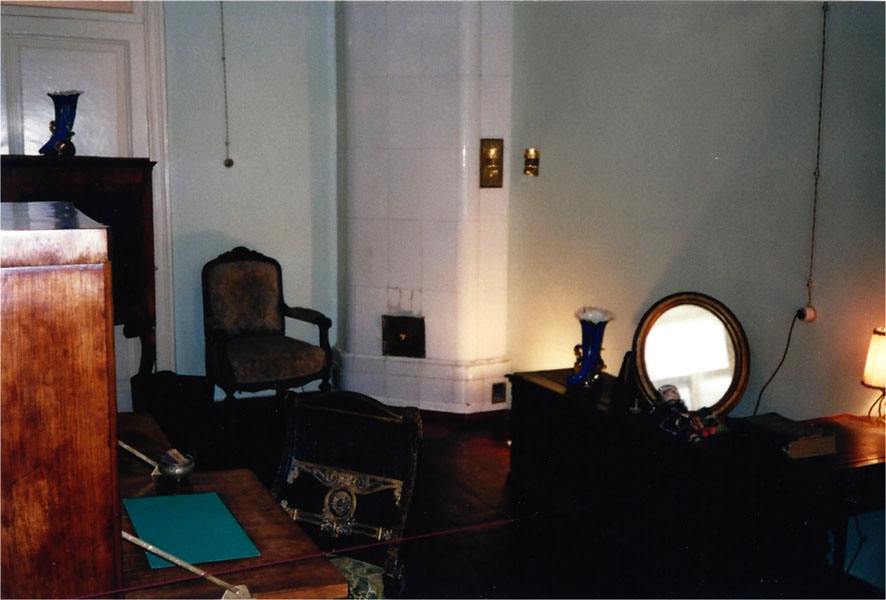MANDELSTAM - THE PLAY


Act xx, scene xx of MANDELSTAM takes place in the Lubyanka, the infamous political prison in Moscow where thousands were tortured and shot. It was also the headquarters for the secret police.

Desk alleged to have belonged to Osip Mandelstam, with his photo (lower right). Pushkin House, St. Petersburg

Anna Akhmatova’s room in the Fountain House, St. Petersburg – where act XX, scene 3 takes place in the play MANDELSTAM
MANDELSTAM has received critical peer recognition and has won awards in the Toronto Fringe Festival’s New Writing Contest in 2007 and 2008. The play relates the story of Stalin’s persecution of Osip Mandelstam, one of the foremost Russian poets of the twentieth century. On May 13, 1934 Mandelstam was arrested for creating and reciting a poem attacking Stalin. What made his act so noteworthy was that criticizing the regime at this time was unheard of. In order to avoid doing so, artists either fell silent or became state controlled puppets. Mandelstam was arrested but miraculously was not executed. Instead Stalin decided to release the poet into internal exile so that through a process of attrition he could crush Mandelstam mentally, physically, and finally artistically before allowing him to die in a labour camp.
The play is based on my book of prose poetry, Surviving the Censor—The Unspoken Words of Osip Mandelstam, which won the 2007 Jewish Book Award for poetry and was on A.F. Moritz’s reading list for the course Canadian Writers at the University of Toronto. The play is a completely new piece of art, re-invented and retold, in form and content. This medium has allowed me to delve deeper into the human story beneath the historical narrative. In MANDELSTAM, I have focused on the relationship between the poet and his wife Nadia, as Mandelstam’s situation deteriorates into deeper adversity. The play also addresses the profound importance and power of words in oppressive states and the unyielding courage it takes to preserve them. Nadia’s tenacity and ingenuity ensured that her husband’s work survived for future generations. Fearing that Osip’s writing would be destroyed by the state she memorized his poems, short stories, and even his literary criticism.
This two-act play is just over one hour long and has four characters; two male and two female. The set design is minimalistic.
A SYNOPSIS OF THE PLAY
The play opens in the Mandelstams’ apartment the morning after the poet’s arrest. Osip’s wife, Nadia and Anna Akhmatova, a leading poet of her day and a close friend of Mandelstam’s, are discussing how to save Osip. From this point on, one of Nadia’s main concerns will be recreating and archiving all of Mandelstam’s poetry that has been confiscated by the authorities. In prison Osip is reunited with Aleksandr, a satirist and friend.
As noted above Mandelstam is not executed but sent into internal exile and Nadia is granted the unprecedented privilege of accompanying her husband. When Osip and Anna are reunited we immediately see the toll that Osip’s ordeal has taken on him mentally and emotionally. Not only is he in a weakened state, Mandelstam is convinced the authorities have released him so that they can execute him in transit. This line of reasoning is logical as people were being shot for “transgressions” that were far less offensive to the state than criticizing Stalin. In the early days of exile we get a glimpse of the price Mandleshtam’s artistic integrity will cost the couple as the first moments of tension arise. Osip is aware that if a convicted man repents by writing a letter or in this case a poem praising Stalin, the man’s family might be spared. Nadia is vehemently opposed to Osip creating this piece of propaganda and an argument ensues.
Aleksandr arrives in Voronezh to serve out his sentence and encourages Mandelstam to complete the ode to Stalin at all costs in order to save Nadia. Throughout the play Aleksandr will continue to press Osip to finish the ode, which leaves us to wonder if he really has Osip’s best interest at heart. As an artist Osip will be tormented as to whether or not he should complete the ode. On the one hand he wants to protect his wife and on the other he knows he will be undermining all he stands for.
In Act 1, Scene VI, we witness the intimacy and communion the couple enjoys even in these difficult circumstances. This will be juxtaposed with what is about to happen to their relationship as Stalin begins tightening the noose around Mandelstam’s neck. Anna comes to visit and she and Nadia present Oisp with their suspicions that Aleksandr must be an informer. Osip feels this is ridiculous.
Act 11 opens with the Mandelstams return from exile. What should have been a joyous time in their lives turns into one of great misery. They are denied permits for housing and work and it becomes apparent that Osip’s verse will not be published in Russia. Stalin is playing a cruel game with Anna and Osip in order to break them. As their situation deteriorates so too does their relationship.
Aleksandr arrives in the town where the Mandelstams are living and continues to press Osip to finish the ode praising Stalin. Osip’s death is hauntingly on the horizon and he is a broken man. He turns on Nadia expressing hostility towards her and finally he turns his back on his poetry as he waits to be rearrested. Mandelstam orders his wife to produce the ode to Stalin, which he has finished, and employs her to use it to save her life.
We next meet Osip and Aleksandr in a labour camp. Osip is dying and in his final moments both men attempt to unburden themselves of injustices they have committed against others. Osip is not entirely lucid and slips off into his death. The race is now on to preserve Mandalshtam’s writing and Nadia through a rare act of will and devotion makes this her goal and reason for being. She demonstrates an incredible capacity to memorize her husbands verse. Nadia burns the ode vowing never to ask Stalin for anything even her own life.

